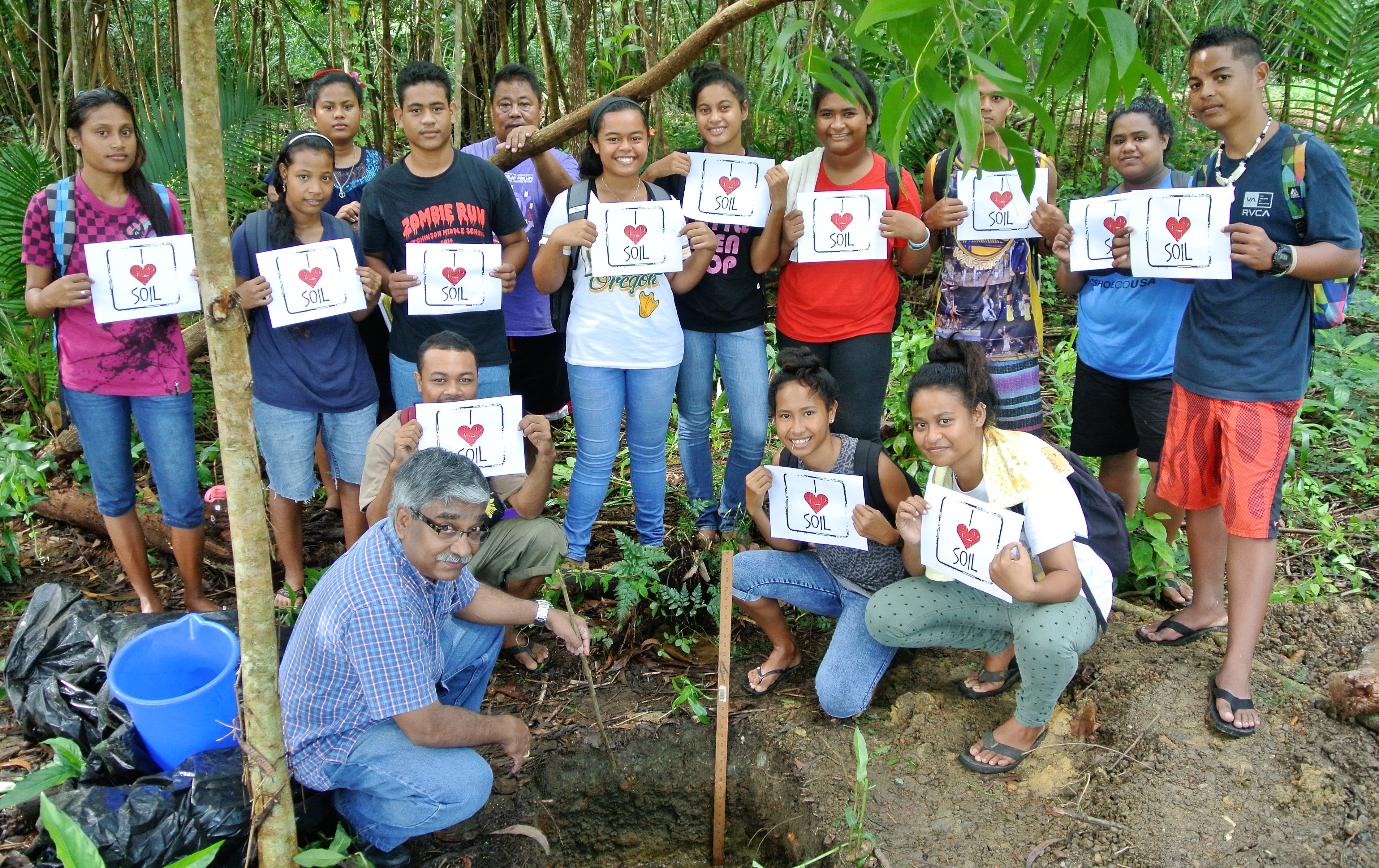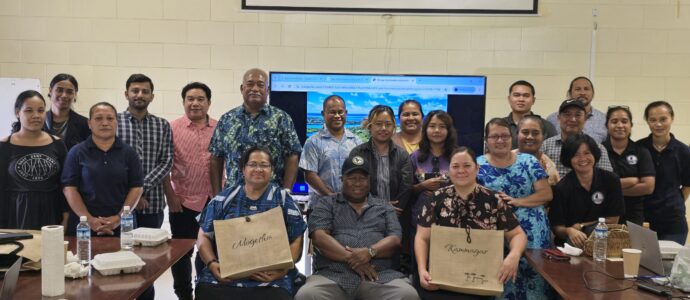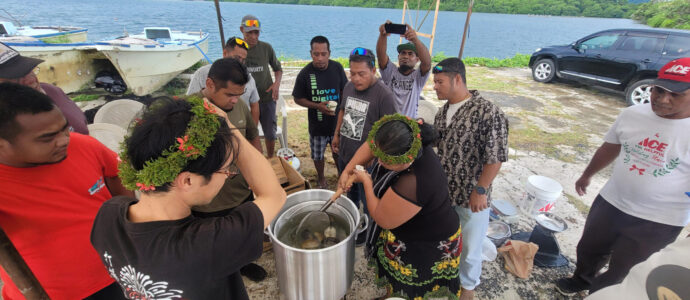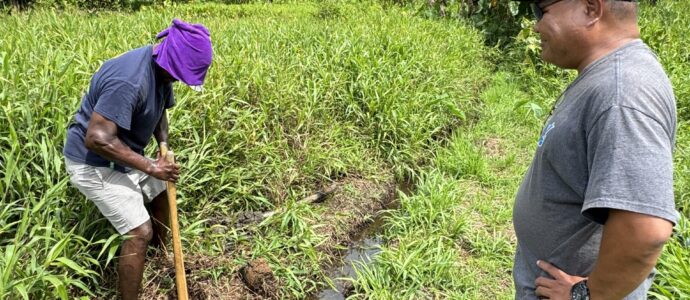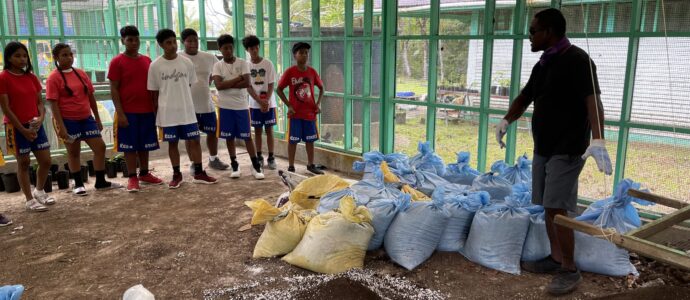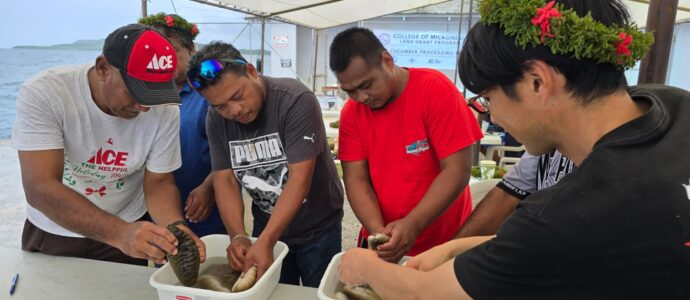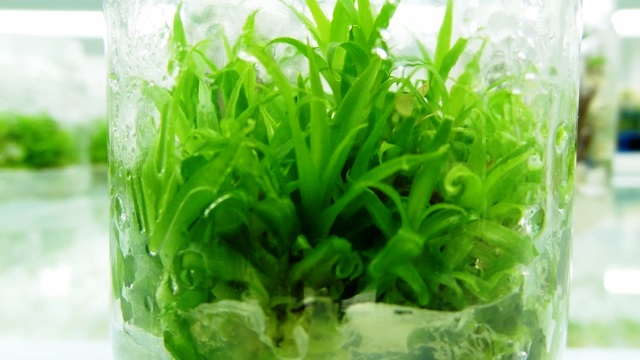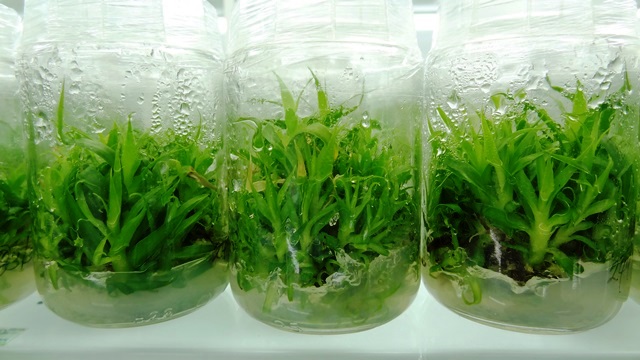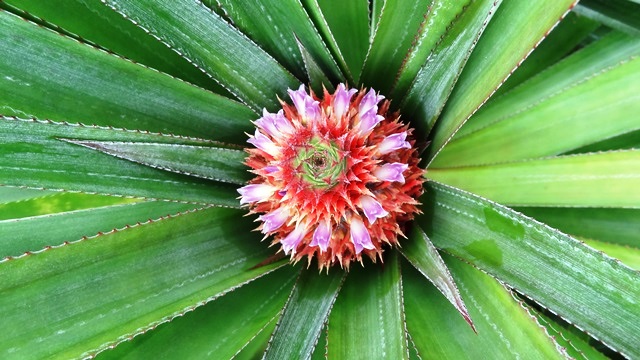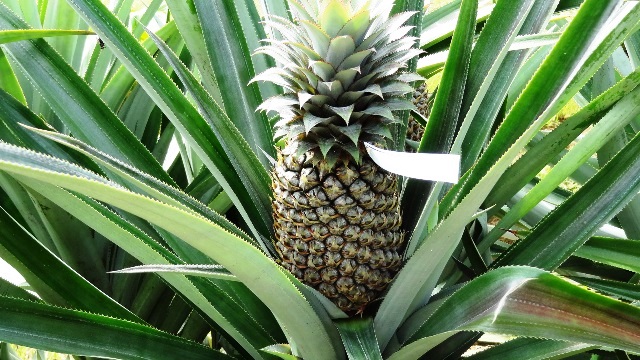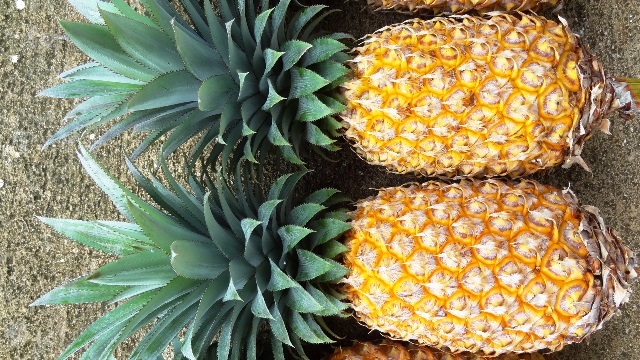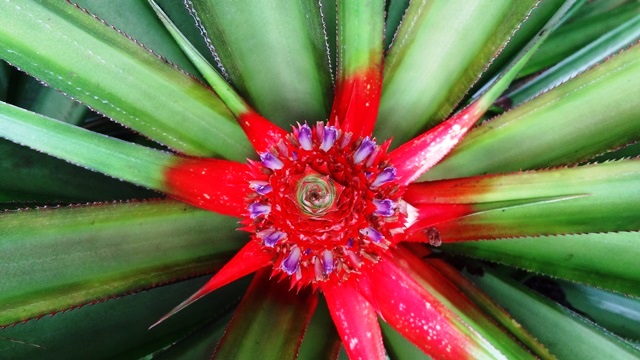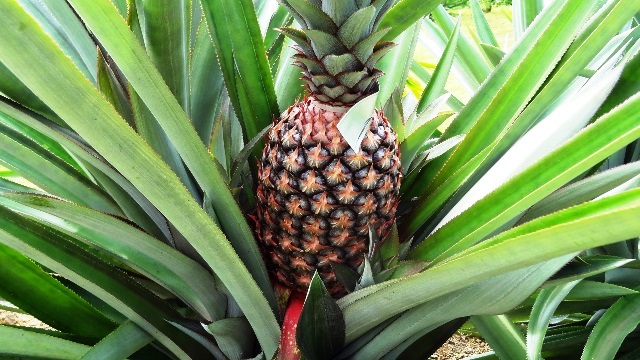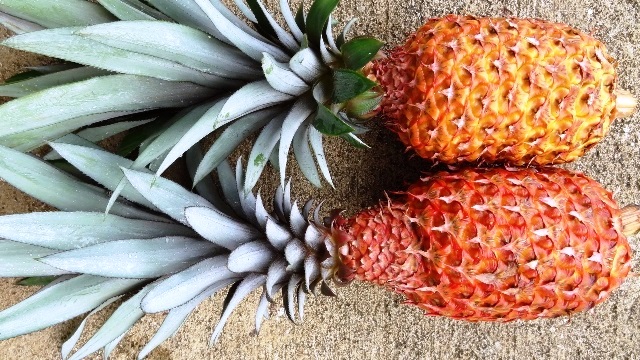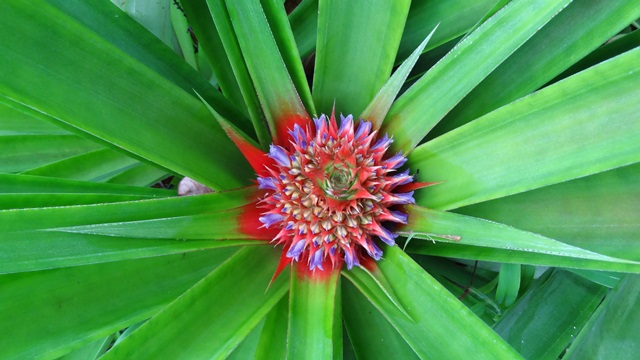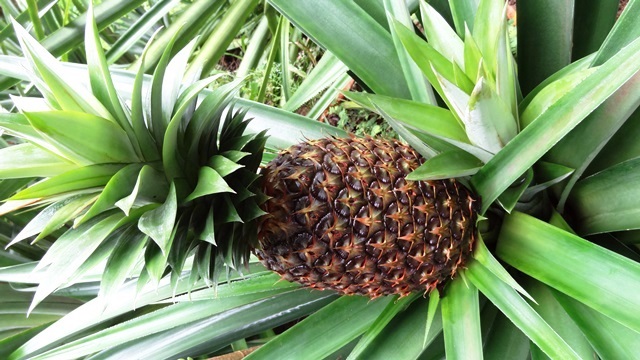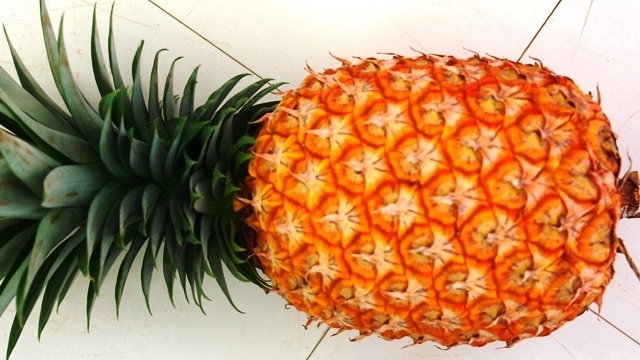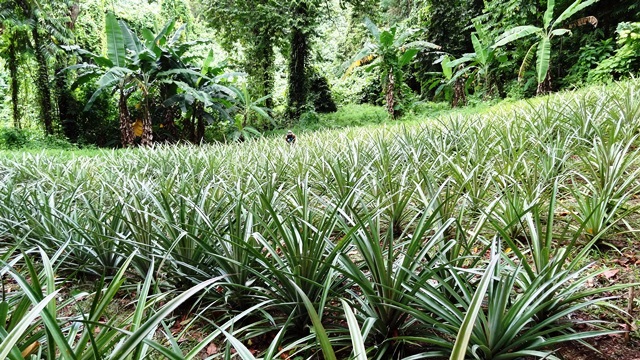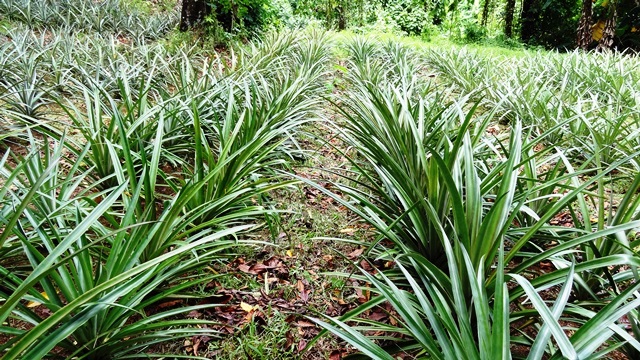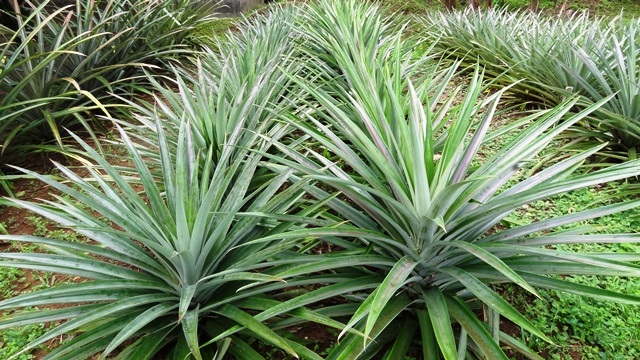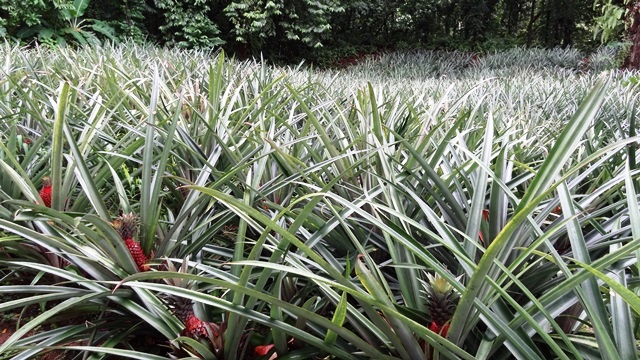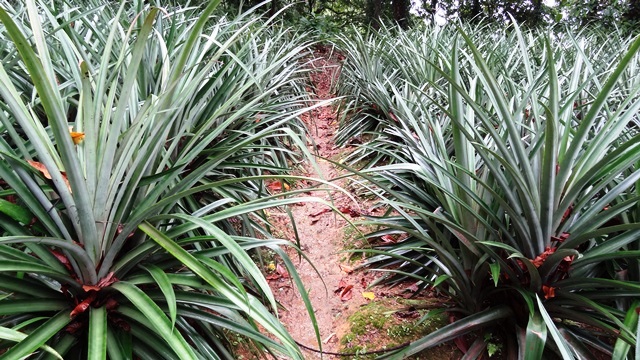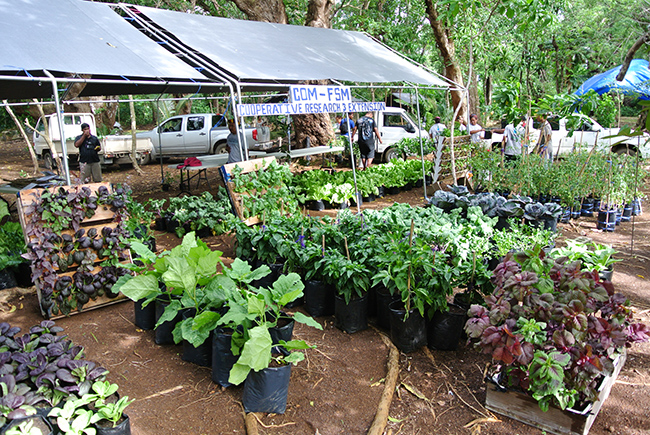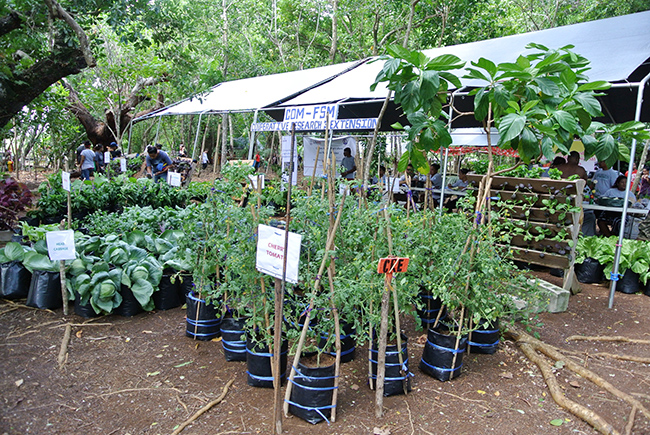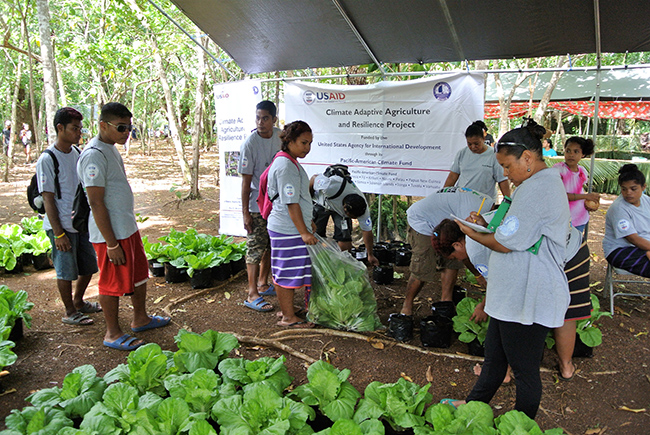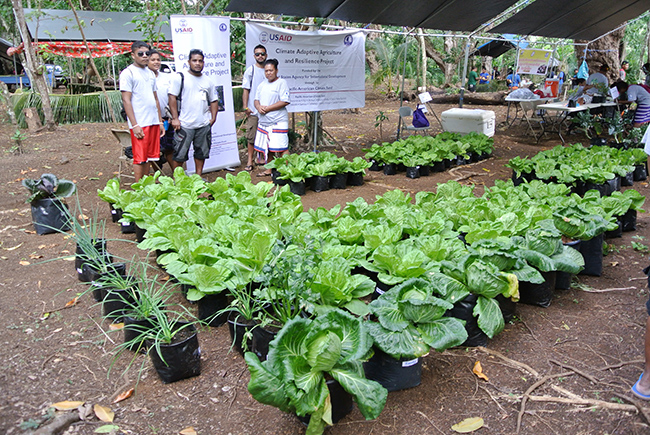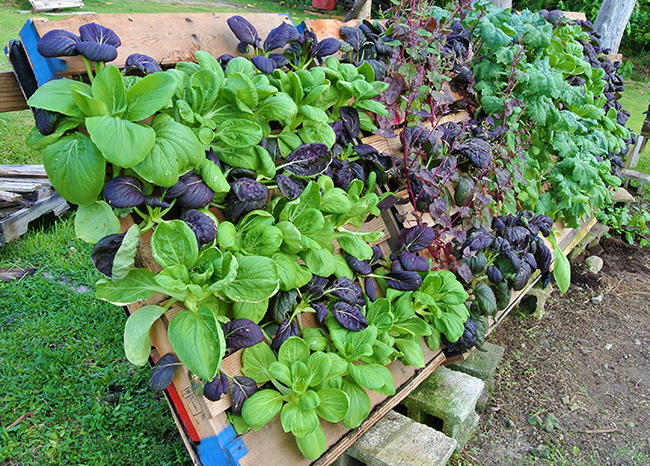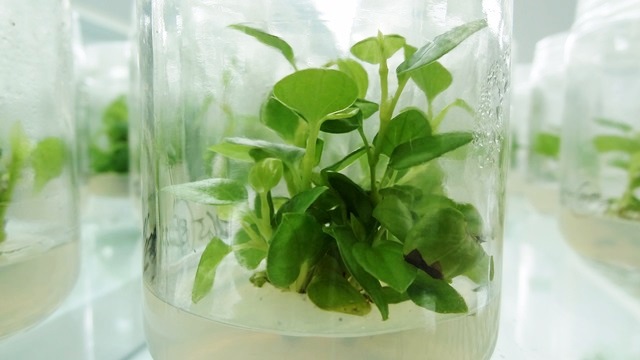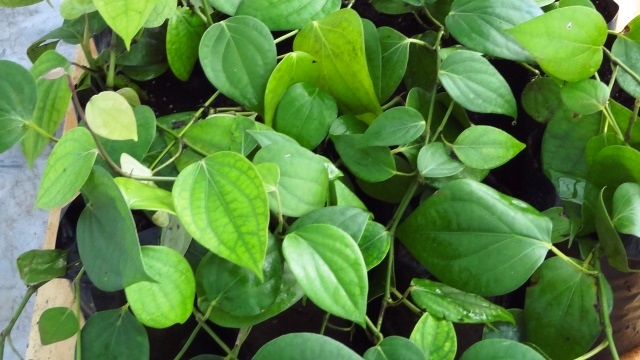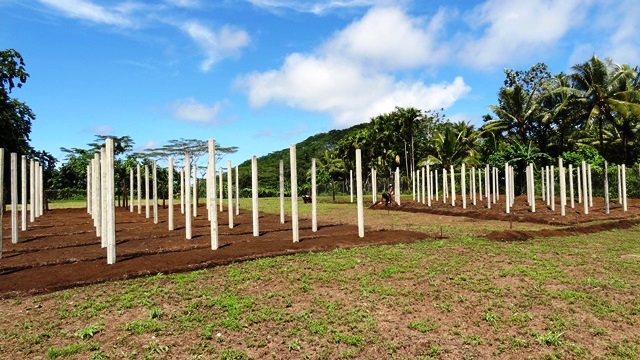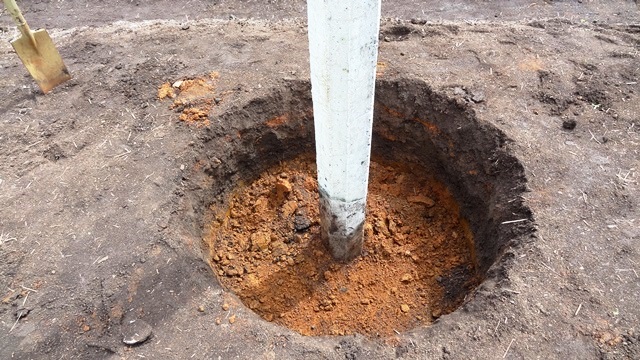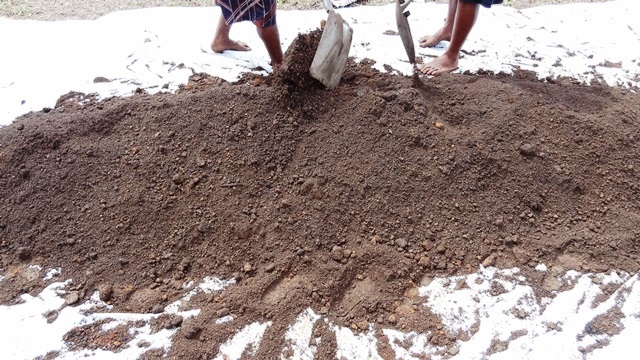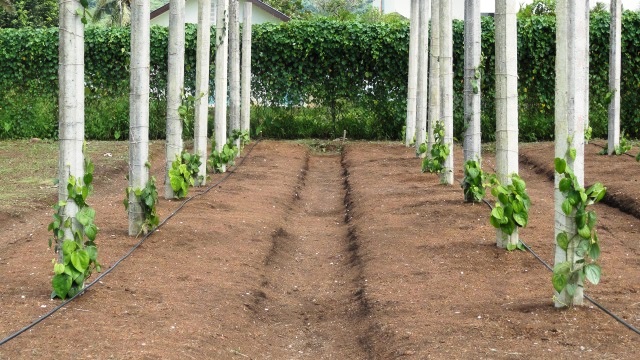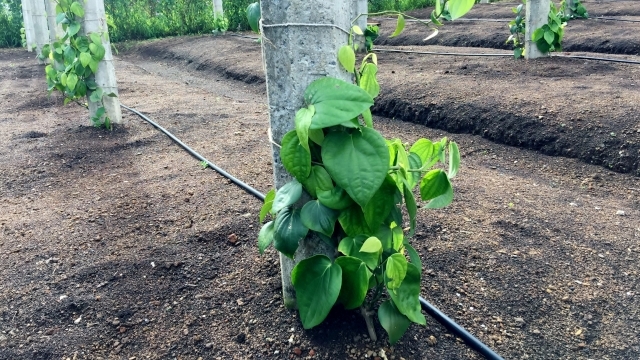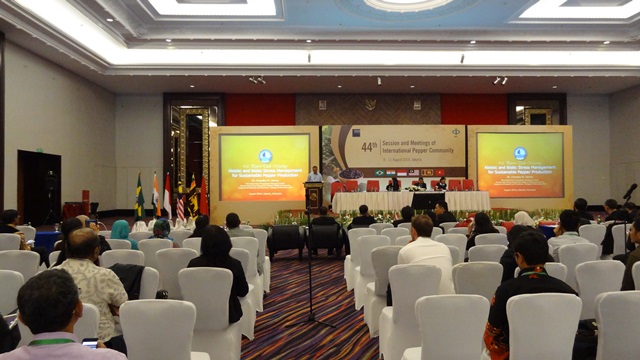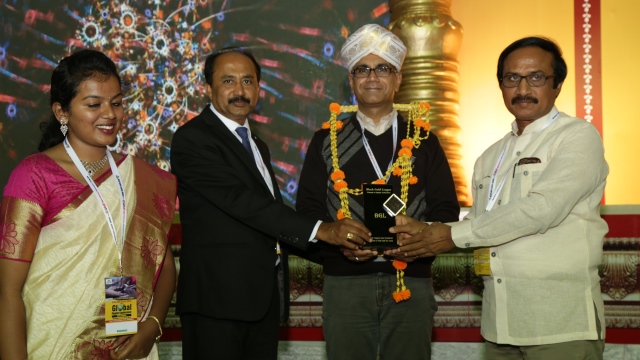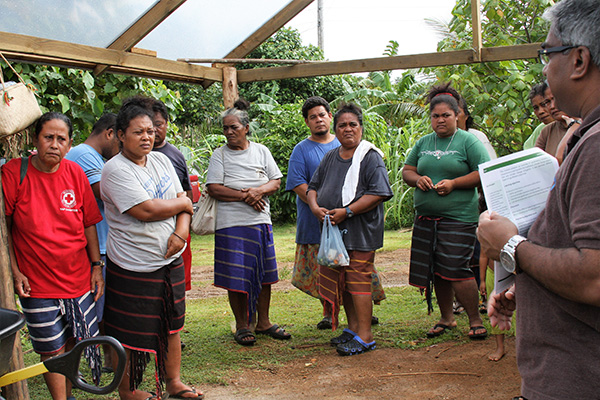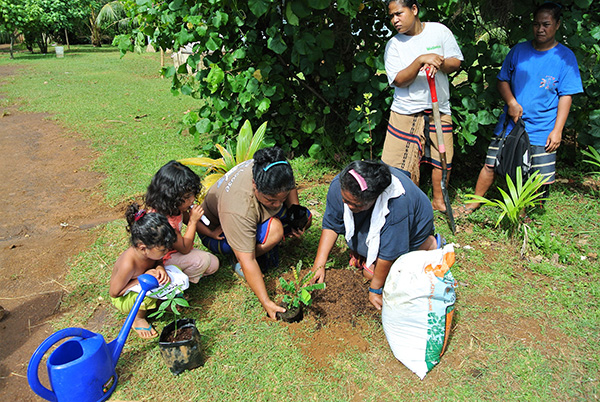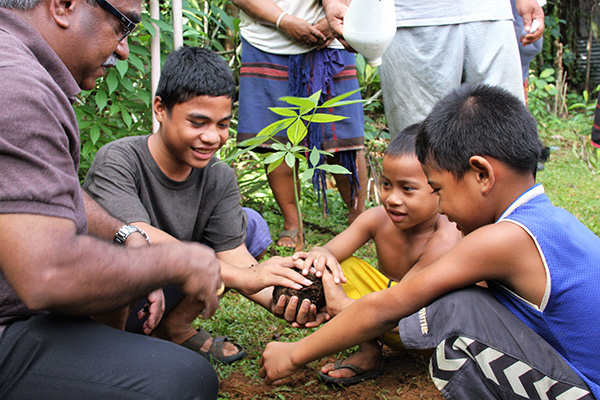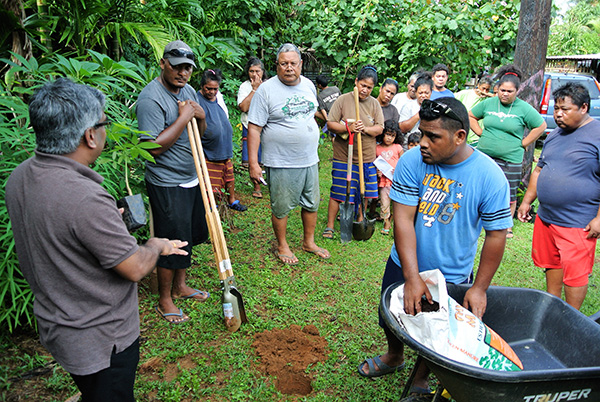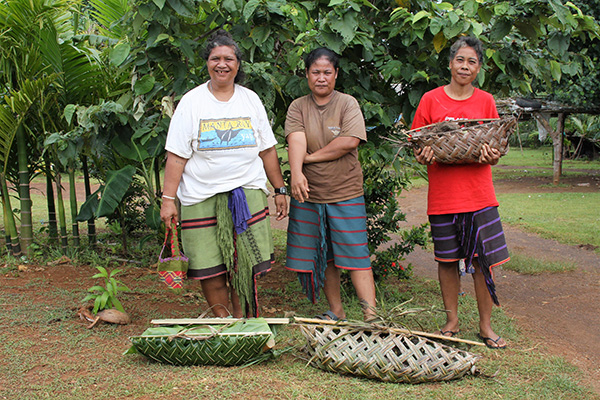YAP, FSM. Dr. Murukesan Krishnapillai, Researcher/Extension Specialist, Cooperative Research and Extension.
The central theme “Caring for the Planet starts from the Ground,” echoed on December 5, as Yap CRE celebrated World Soil Day 2017 with activities to communicate the messages on the importance of soil quality for food security, healthy ecosystems and human well-being.
Soils not only produce 95% of the foods we consume, they also have a huge potential for taking carbon from the atmosphere and offsetting the greenhouse gas emissions. Keeping the soil healthy can bring a multitude of gains, from food security to sustainable livelihoods and climate benefits. For all these reasons, it’s high time we celebrate World Soil Day to impart knowledge about soil and the opportunities under our feet.
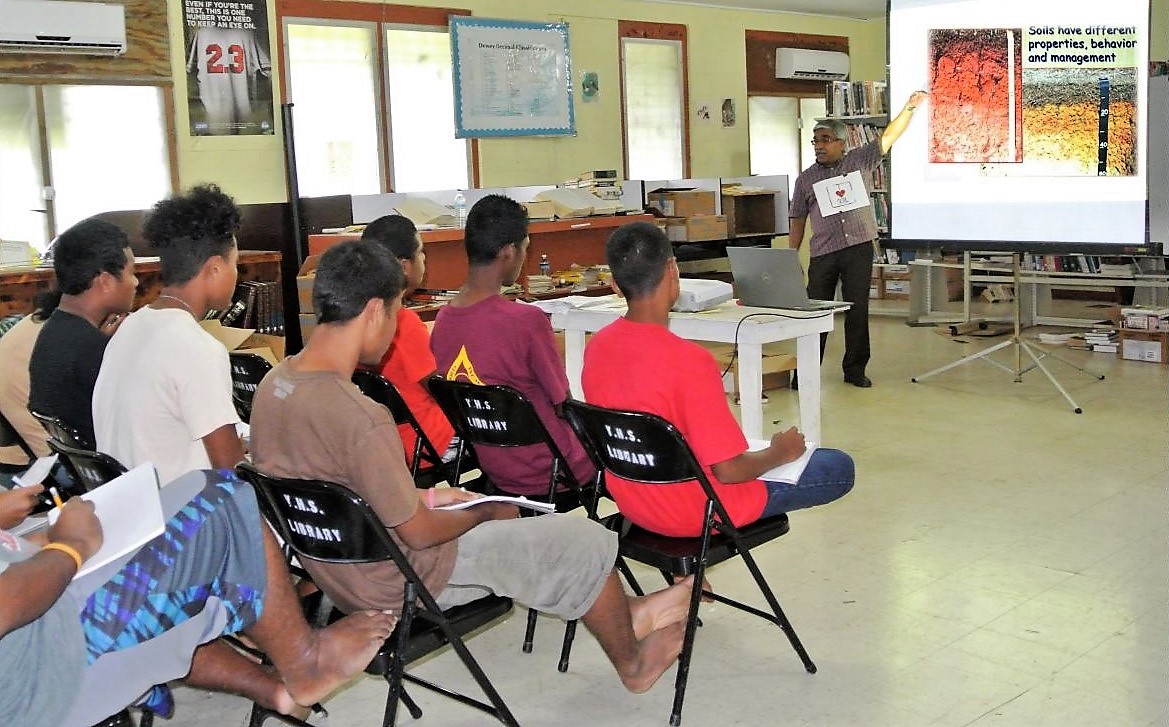
To mark the World Soil Day 2017, Yap CRE conducted soil awareness and training program for about 76 youth from Yap High School. The purpose of involving young people this year was twofold. Firstly, increasing the participation of youth in agriculture is an important means of improving food security, youth livelihoods and employment. Secondly, high rates of migration, high levels of youth unemployment and increasing dependence of imported food prompts to encourage youth participation in agriculture activities as emphasized in Pacific youth in agriculture strategy. Educating youth about soil and its role in supporting life on this planet Earth is crucial.
About 76 young people participated in 3-days training program that involved lectures on soil properties, soil profile, soil organic matter, soil classification and soil management strategies for sustainable agriculture. Field activities involved studies about soil profile and soil organic matter and types and properties of soils prevalent in the region. In addition, World Soil Day 2017 message was also spread to youth and others.
